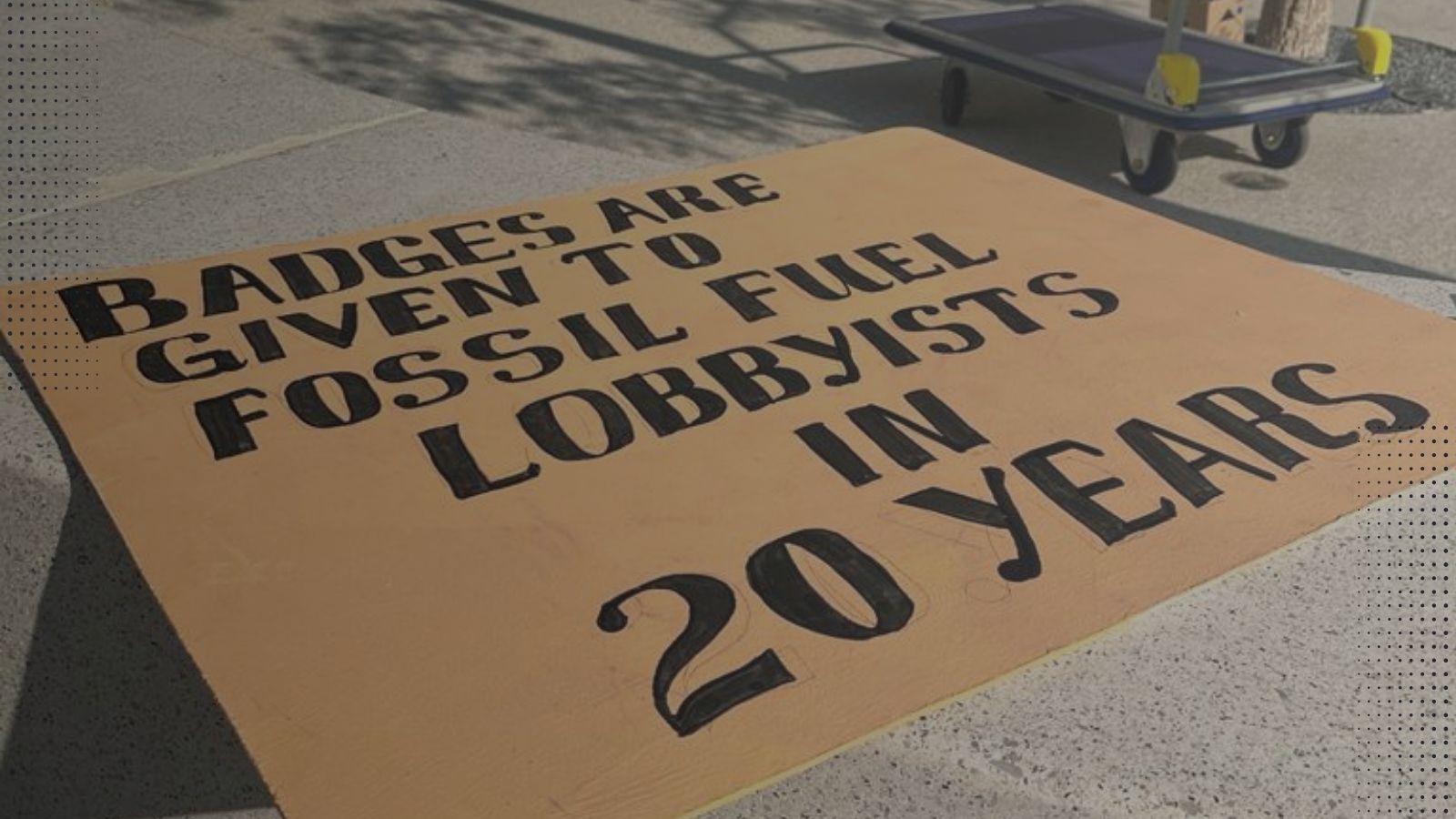There are more fossil fuel lobbyists at COP28 than at any previous climate summit, new analysis has found.
At least 2,456 lobbyists working on behalf of the fossil fuel industry have been given access to the climate talks in Dubai, according to the campaigning group Kick Big Polluters Out (KBPO). That is four times more than were at COP27 last year.
This outnumbers every country delegation but Brazil and host nation the United Arab Emirates.
One of the key issues at COP28 is whether to ‘phase out’ or ‘phase down’ all fossil fuel use, after it was agreed at COP26 to phase down coal use.
Many observers are concerned the lobbyists will exert undue influence in negotiations about the continued use of fossil fuels.
“Big Polluters’ poisonous presence has bogged us down for years, keeping us from advancing the pathways needed to keep fossil fuels in the ground”, said Alexia Leclercq at nonprofit Start:Empowerment.
“They are the reason COP28 is clouded in a fog of climate denial, not climate reality.”
The analysis comes a day after a paper detailing Saudi Arabia’s continued attempts to obstruct climate negotiations was published.
Conflicts of interest
The KBPO analysis found there are more fossil fuel lobbyists in Dubai than all the delegates from the top ten countries most vulnerable to climate change combined (1,509), and seven times more than official representatives of indigenous communities.
A large number of these lobbyists have been given access as part of a trade association, 90% of which are based in the Global North, the analysis found. The International Emissions Trading Association, for example, brought 116 people, including representatives from oil and gas majors Shell, TotalEnergies and Equinor.
Many lobbyists are even part of country delegations – France brought employees of Total and EDF, Italy likewise with ENI, while the EU brought representatives of BP, ENI and ExxonMobil.
KBPO said the numbers in the analysis were likely to be an underestimate, as it only counted those delegates that openly disclosed their connections to the fossil fuel industry.
Given the huge increase in the number of lobbyists, there are growing calls to tackle the issue. These include official submissions to the UN, UNFCCC, the EU and the White House to address conflicts of interest at climate negotiations.





